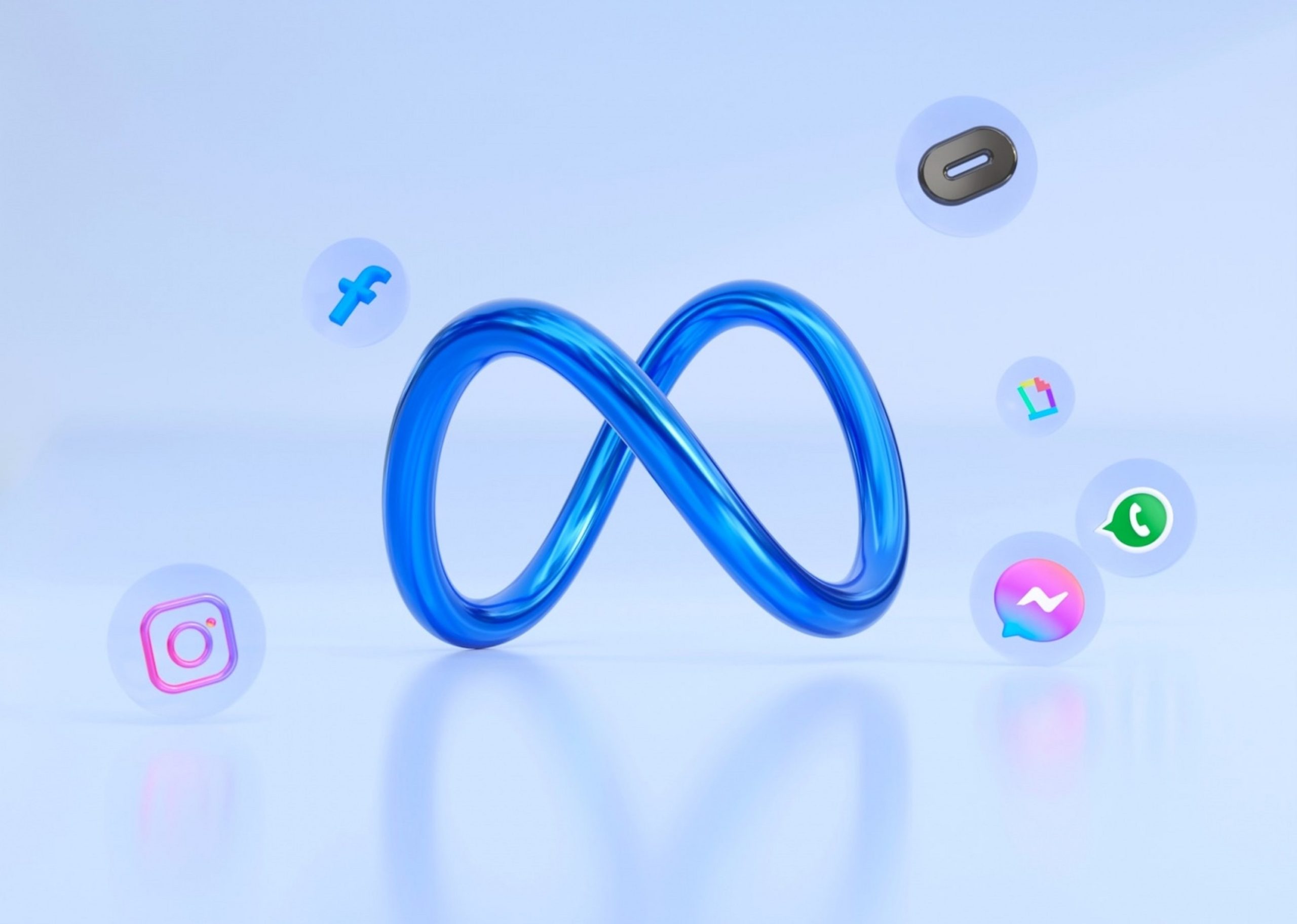
Meta has released its AI-powered music generator called MusicGen, which is open-sourced, unlike Google’s counterpart. The tool can convert text descriptions into short audio clips and can be steered with reference audio. Trained on 20,000 hours of music, MusicGen shows promising results, although not enough to replace human musicians. However, legal and ethical concerns surrounding generative music, including copyright violations, remain unresolved. Lawsuits in progress may guide the matter. Meta assures that MusicGen’s training data is covered by legal agreements with rights holders.
Meta, following in Google’s footsteps, has launched its AI-based music generator. What sets Meta’s MusicGen apart is that it has been open-sourced, unlike Google’s counterpart. MusicGen is a tool for generating music that can transform a text description, such as “An ’80s driving pop song with heavy drums and synth pads in the background,” into approximately 12 seconds of audio. Additionally, MusicGen can be guided by reference audio, allowing it to follow both the description and melody.
This model, developed by Meta, is a simple and controllable music generation system capable of being prompted by both text and melody inputs. The training of MusicGen involved 20,000 hours of music, including 10,000 licensed high-quality tracks and 390,000 instrument-only tracks obtained from Shutterstock and Pond5, two prominent stock media libraries. While the company hasn’t shared the training code, it has made pre-trained models available for use by individuals with suitable hardware, specifically a GPU with approximately 16GB of memory.
So, how does MusicGen perform? It can be said that while it falls short of completely replacing human musicians, it does produce reasonably melodic songs, especially for basic prompts like “ambient chiptune music.” In fact, in my opinion, the results from MusicGen are comparable, if not slightly better, than those from Google’s AI music generator, MusicLM. However, they are not groundbreaking enough to win any awards.
To challenge MusicGen, I gave it a more complex prompt: “Lo-fi slow BPM electro chill with organic samples.” Surprisingly, MusicGen outperformed MusicLM in terms of musical coherence, generating a piece that could easily find a place on Lofi Girl.
To diversify my experiment, I decided to use both tools to create a piano composition in the style of George Gershwin. However, I encountered a roadblock. Google had implemented a filter in the public version of MusicLM to prevent copyright issues associated with generative music tools, blocking prompts mentioning specific artists. MusicGen, on the other hand, did not have such a filter. Unfortunately, the results for “Background piano music in the style of Gershwin” were unsatisfactory.
Generative music is undeniably improving, as evident from platforms like Riffusion, Dance Diffusion, and OpenAI’s Jukebox. However, significant ethical and legal concerns remain unresolved. AI models like MusicGen learn from existing music to produce similar effects, which some artists and generative AI users find uncomfortable.
Recently, homemade tracks utilizing generative AI to recreate familiar sounds have gained popularity. These tracks often go viral, but music labels swiftly notify streaming platforms, citing intellectual property concerns, and they generally succeed in having the tracks removed. Nevertheless, there is still ambiguity regarding whether “deepfake” music infringes upon the copyrights of artists, labels, and other rights holders.
Guidance on this matter may not be far off, as several lawsuits related to music-generating AI are currently making their way through the courts. These cases, including one concerning the rights of artists whose work is used to train AI systems without their knowledge or consent, will likely influence the future of music-generating AI.
Meta, for its part, does not impose usage restrictions on MusicGen. The company claims that all the music used to train MusicGen was covered by legal agreements with the respective rights holders, including a deal with Shutterstock.
